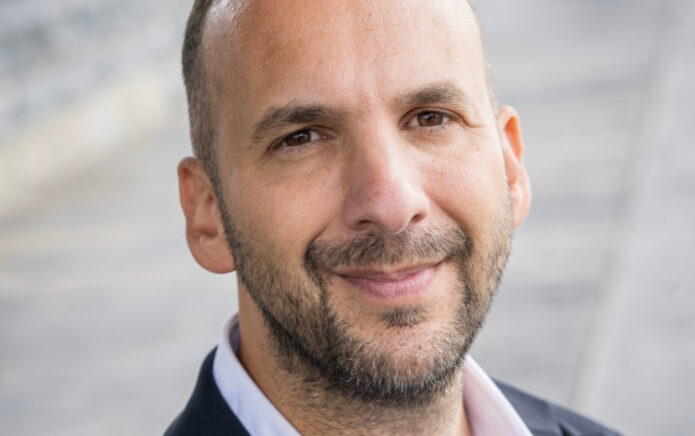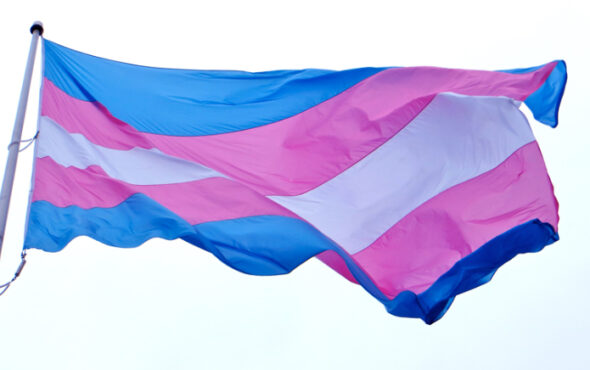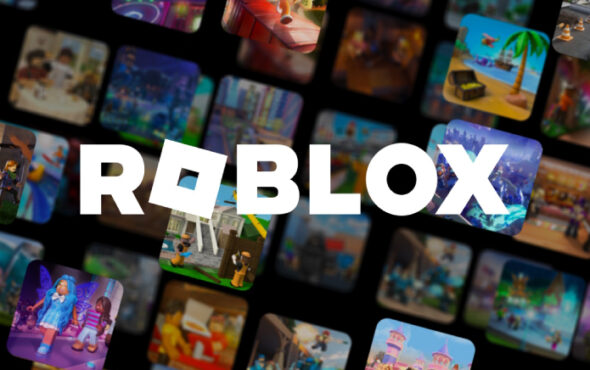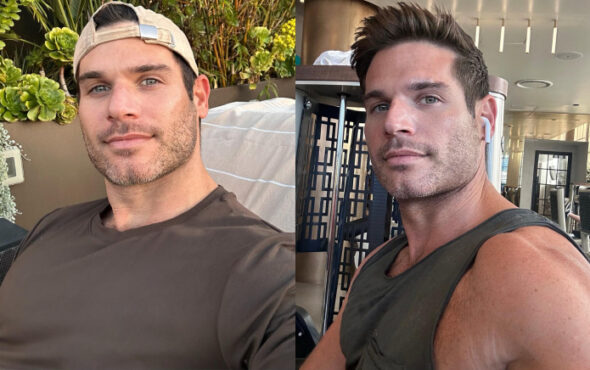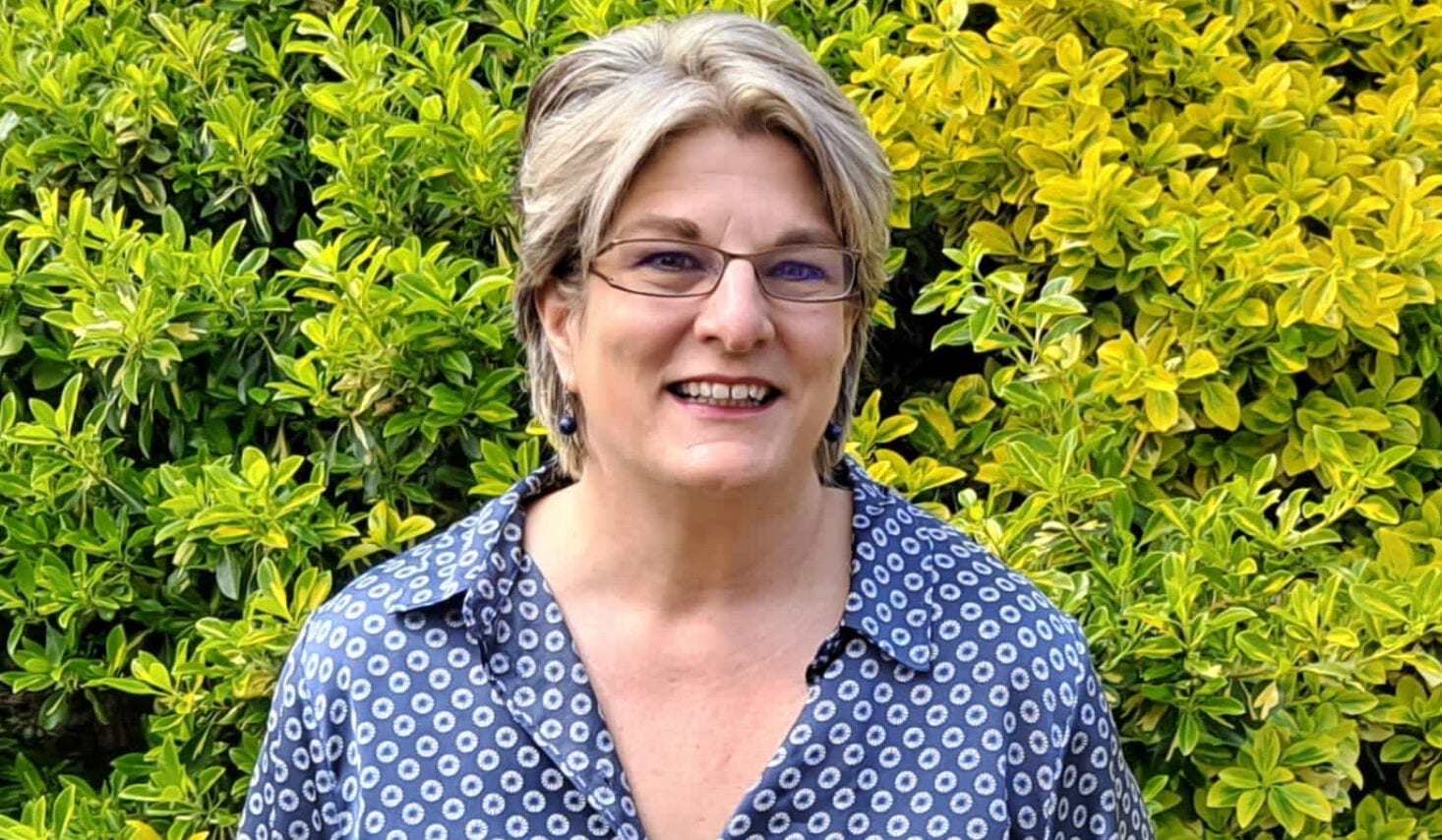
Today is International Day Against Homophobia, Biphobia and Transphobia. In April I interviewed the leading gay Christian Evangelical and LGBTQ+ activist Jayne Ozanne, who also heads the Ozanne Foundation. Jayne shared her own experiences of so-called “conversion therapy” with us and explained why a legislative ban is so important.
On Tuesday, in the Queen’s Speech, the government announced that they are planning to ban so-called “conversion therapy”, but not without engaging in another consultation first. Most campaigners consider this consultation totally unnecessary and the announcement raised a number of alarm bells.
I began by asking Jayne if she could give me an overview of the vast amount of evidence already compiled supporting a ban on so-called “conversion therapy”?
The UN Rapporteur on Sexual Orientation and Gender Identity – Victor Madrigal-Borloz – has pulled together a major report, backed by The International Lesbian, Gay, Bisexual, Trans and Intersex Association, on “conversion therapy” – he works with many others in the UN who are across the subject and when he addressed the Human Rights Council, he called this torture. There have been various other international reports stemming from the UN. The government itself has done its own research, published in 2018, that showed the prevalence amongst the LGBTQ+ community. The Ozanne Foundation did what is a world first and did some research amongst survivors of “conversion therapy” which showed the harm and the impact as well as the motivation as to why people had chosen to go through this. As far as the consultation goes, we have spent three years consulting with lots of stakeholders already. I have no idea who else they now want to reach out to – it is pure delay.
The government is suggesting only banning “coercive” practices. Can you explain the tension between coercion and consent in faith settings?
Well coercion means to be forced through a certain practice. However, the truth is that whilst people like myself might have willingly chosen or consented to go through “conversion therapy”, the cost of not consenting is extremely high. To not consent would have been to not follow the advice and leadership of our religious leaders and to risk being alienated by our friends, our family and our whole support network. You’re asking an individual to be prepared to walk away from all of that if they won’t go through with “conversion therapy”. But actually, the more important point is that you cannot consent to an illegal practice – you cannot consent to abuse – and the government is obliged under law to protect people from going through this type of abuse, even if that means protecting them from themselves – so the question of consent is actually irrelevant.

A ban must cover prayer and pastoral guidance. What is “hate prayer”?
So, prayer and pastoral guidance are good things when they allow someone to explore in a safe place who they are and come to a point of peace. When the outcome is predetermined, when someone is told that they have to be straight, that they have to be cisgendered or they have to be celibate, when there is no option to accept the fact that they are lesbian, gay, bi or trans, and when they are prayed for in a way that is one-directional, that is “hate prayer” because it leads you to hate yourself. It also comes from a homophobic, biphobic and transphobic view of LGBTQ+ people. We already have various religious practices that are banned, including hate speech or hate preaching and this I would see as akin to that, where it is abusive and causes significant harm.
Do you think it would be helpful, in the long term, to refer to so-called “conversion therapy” as “conversion practices”, thereby de-medicalising the term?
I agree it would be extremely helpful if we could all move to the term “conversion practices”. To call it therapy is a complete misnomer. There is nothing therapeutic about it and it gives the impression that it is done in a medical setting. Practices, however, focus on the acts that can be from “talking therapies” through to, sadly, violence and corrective rape and it is those practices, those acts – including praying for an individual, that must be banned.
